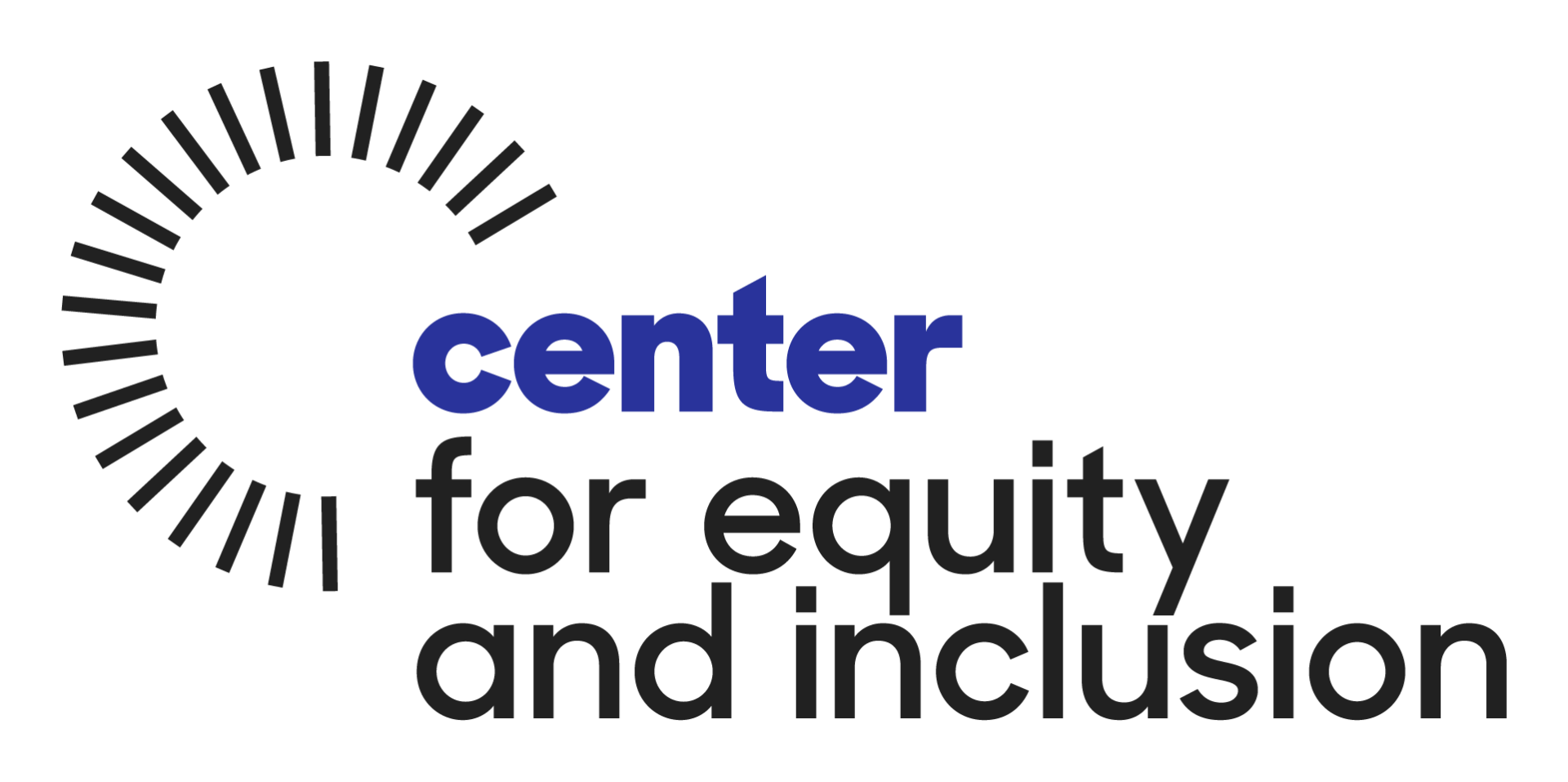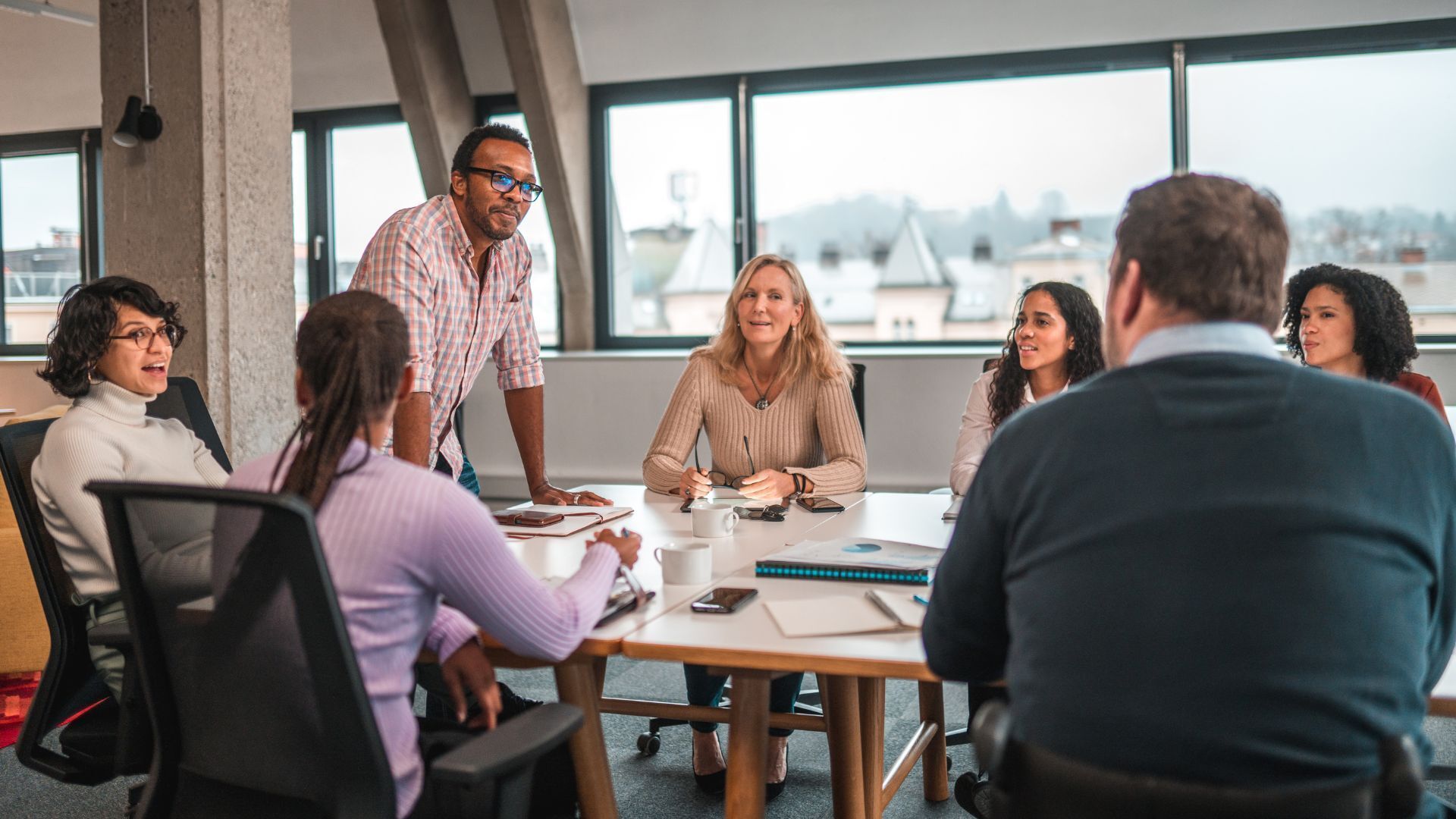Shafina Fazal-Gardner, Chief Operating Officer
I grew up in a family that fought for justice. The work sits in my bones. As a woman of color and a mother to boys of color, I want a world where they are seen and valued. Workplaces shape much of that world, so I focus on changing them. Culture Lab is my tool for that change.
It’s why meeting with me and being part of Culture Lab is so important. If we can shift the very places where we spend so much of our time, I believe we can begin to shift other spaces, our schools, places of worship, and communities.
What is Culture Lab
Culture Lab is a space for improving organizational culture. Every workplace carries stories that stay below the surface: policies that exclude, trust slipping between teams, and missions that feel thin in practice. Culture Lab brings these stories to light so we can rewrite them together.
During Our First Meeting
During our first meeting, we focus on laying the foundation for a true partnership. We take the time to understand your organization’s unique culture, your goals, challenges, past efforts, and vision for success. By diving into these areas, we gain a clear understanding of leadership’s commitment, capacity, and potential blind spots. This helps us offer a tailored solution that aligns with your needs and growth aspirations.
During this meeting, we also discuss key logistical elements such as budget, timeline, and next steps. The next steps typically include a detailed proposal plan that outlines the facilitation for each group of people—executive teams, managers, employees, people, and culture teams, etc. We’ll also discuss a project timeline and the resources needed to support the changes you want to see. Together, we’ll ensure the solution aligns with your team’s capacity and commitment to making meaningful change.
Our approach is collaborative, not transactional. We see ourselves as partners in this work, not just consultants.
What Happens at The Culture Lab?
Once you decide to partner with Culture Lab, our facilitator team takes over to dive deeper into the organization’s culture. We listen to your team’s feedback, identify barriers to change, and create a clear action plan.
Together, we uncover barriers whether it’s a policy that prioritizes speed over reflection, a tendency to reward the loudest voice, or limiting beliefs about “culture fit.” These insights form the foundation for the work we’ll do together in improving organizational culture.
From here, we set clear, trackable goals such as improving communication across teams, fostering a more inclusive environment, and refining feedback and accountability loops. These goals are both tangible and intangible, allowing us to see measurable progress and cultural shifts in real time.
Here’s how the process unfolds:
- We gather insights through facilitated discussions and feedback loops.
- We map out barriers to their roots and co-create actionable, trackable goals.
- We design customized training and coaching strategies tailored to each role.
- Leadership commits the necessary resources, and equity champions step up to lead.
- Finally, we hand over a clear roadmap actions, owners, timelines, and measures to guide your team long after our involvement.
Ready to Begin?
If you believe work should feel like a community where everyone can bring their whole, brilliant selves to work, Culture Lab is for you. Let us partner with you to uncover the best organizational strategy and culture for your team.
Book a meeting with Shafina today to start the journey of improving organizational culture.



